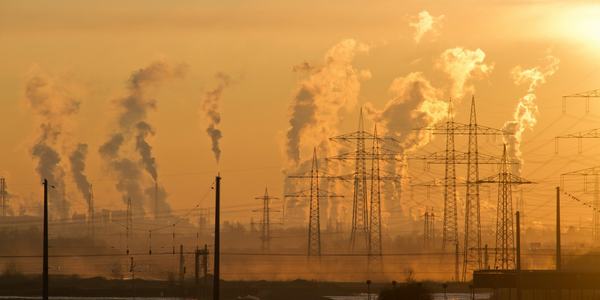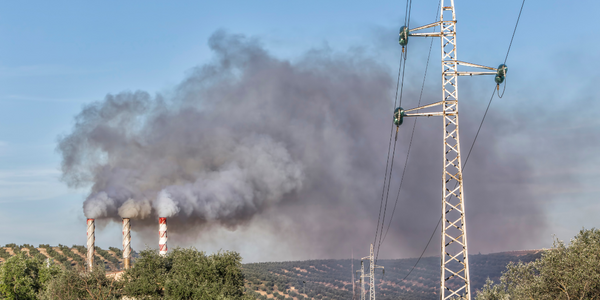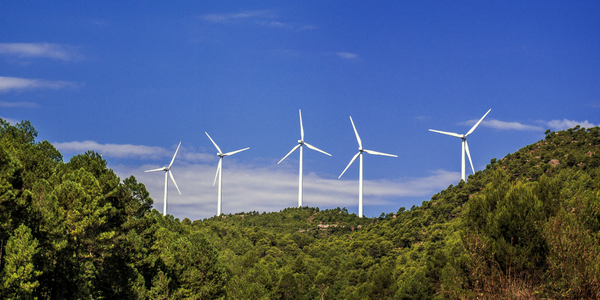Download PDF
Green School Cistern
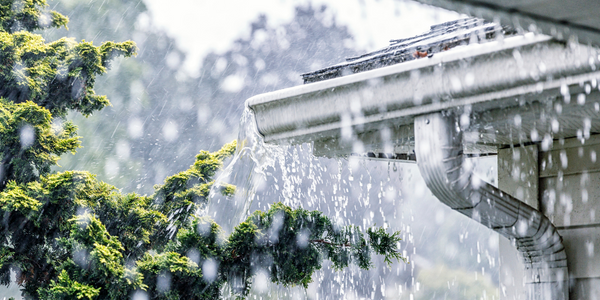
Technology Category
- Functional Applications - Remote Monitoring & Control Systems
- Sensors - Flow Meters
- Sensors - Level Sensors
Applicable Functions
- Facility Management
Use Cases
- Outdoor Environmental Monitoring
The Challenge
Denver Green School wanted an optimized rainwater harvesting system to eliminate wet-weather discharge and retain water for irrigation.
The Customer
Denver area school
About The Customer
-
The Solution
OptiNimbus was applied to a 3,000-gallon above-ground cistern collecting runoff from a 7,300 sq ft roof area, creating an optimized, advanced rainwater harvesting system. The system provided important research data, supplied water for irrigation, and also engaged young students with the future of green infrastructure technology.
Data Collected
Water Flow Rate, Water Level, Water Meter Readings
Operational Impact
Related Case Studies.
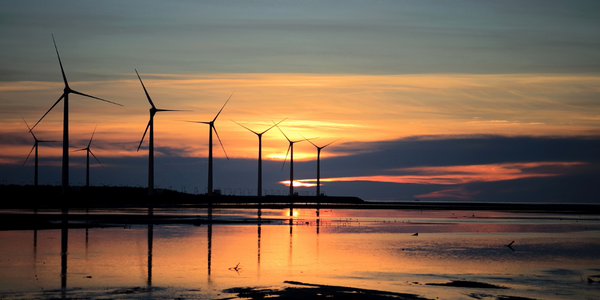
Case Study
Vestas: Turning Climate into Capital with Big Data
Making wind a reliable source of energy depends greatly on the placement of the wind turbines used to produce electricity. Turbulence is a significant factor as it strains turbine components, making them more likely to fail. Vestas wanted to pinpoint the optimal location for wind turbines to maximize power generation and reduce energy costs.
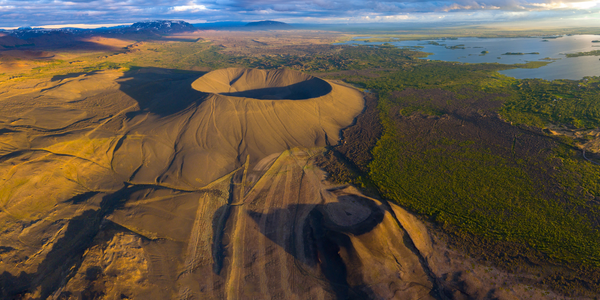
Case Study
Predicting Eruptions in the Masaya Volcano with wireless Sensors
Volcanoes are one of the most unpredictable and impressive natural phenomenons. Worldwide researchers and scientists have always been trying to discover what happen inside volcanoes to predict future eruptions that will save lives. Their activity has provoked along years great disasters destroying entire settlements with lava flows and also endangering the environment or human health due to gas emanations or ash falls. Some vulcanologists are currently focused on working with the latest technology to monitor in real-time everything that happens inside and outside the crater to predict eruptions. Qwake, a global brand that merges ground-breaking scientific expeditions with cutting edge technology to drive positive change, has trusted in Libelium technology to develop a wireless sensor network in the Mouth of Hell, Masaya volcano in Nicaragua.
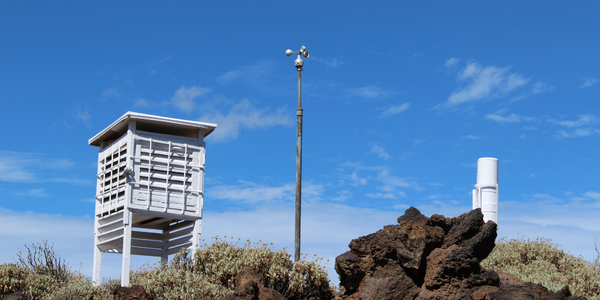
Case Study
Monitoring Unmanned Weather Stations
Unmanned weather stations play an essential role in the effort to analyze and predict the world's ever-changing weather patterns. The unmanned stations collect and store large amounts of weather data and then download the data at regular intervals to a back-end host for analysis and long-term storage. The computing device housed in the weather station must be robust enough to work continuously for long periods of time while exposed to a wide range of temperatures. It should also be able to collect readings from various sensors that use different data transmission protocols, and have the capability to store large amounts of data.





